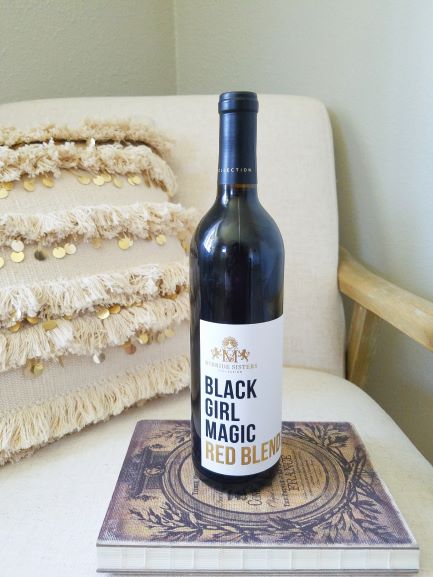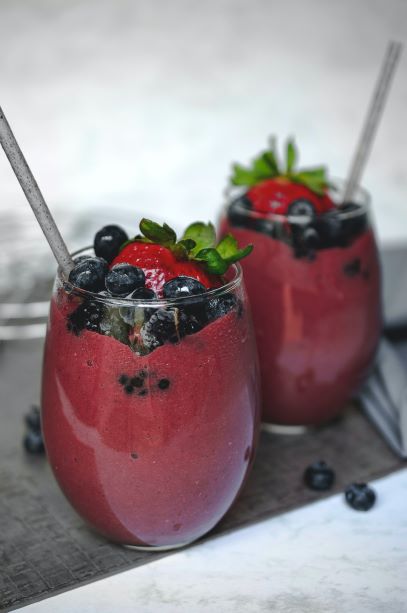What is Resveratrol?
Resveratrol is a natural ingredient, known as a polyphenol.¹ Polyphenols are plant-based micronutrients that are considered helpful in a variety of conditions including, diabetes, issues with weight management, and cardiovascular disease. Resveratrol displays multiple benefits for various systems/organs, including the skin.⁴
Speaking of cardiovascular disease, researchers took note of the low incidence of coronary artery disease in the French population as compared with other countries, despite their elevated saturated fat intake.³ Renaud and Lorgeril credited this to the high red wine intake by the French and termed this coincidence the “French Paradox.”³
Today much of the research conducted on this antioxidant targets skin conditions such as UV-light mediated skin aging, skin cancer, and other inflammatory skin diseases.³
Skin Health
Research on resveratrol as it pertains to anti-aging, and skin cancer are particularly promising due to specific antioxidant properties working together to combat the oxidative stress that skin cells experience on a daily basis.³
Skinefits of Resveratrol⁴
- Decreases Inflammation
Resveratrol prevents inflammation by inhibiting arachidonic acid metabolism.² Arachidonic acid is a key inflammatory intermediate, therefore, it is advantageous to learn that resveratrol acts to suppress this intermediate. By working to suppress various inflammatory agents, resveratrol prevents inflammation-induced melanogenesis.² In other words, it helps fight hyperpigmentation caused by inflammation.
- UVA/UVB Protection
Overexposure to UV irradiation can damage the skin leading to sunburns, skin cancers and photoaging.⁴ One study found that topical resveratrol protected the skin from UVB-induced skin inflammation and UVB-mediated skin carcinogenesis.²
UV radiation stimulates both melanogenesis and free radicals in the skin leading to even more pigmentation.² Resveratrol was found to protect the skin against UV-induced and cigarette smoke-induced keratinocyte damage.² These studies are promising for skin cancer and populations affected by pigmentation disorders.²
*Resveratrol should NOT be used as an alternative to daily SPF.

- Anti-Aging
Resveratrol is a potent antioxidant polyphenol that aids in the anti-aging process of skin.¹ Resveratrol provides protection against oxidative stress, free radicals, and UV radiation.²⸴⁴
- Decreases Melanogenesis
Melanin aids in protecting the skin from harmful UV light, though imbalanced levels can cause pigment conditions including dark spots and melasma.² Hydroquinone is a common pharmacologic agent used to treat hyperpigmentary disorders, but it comes with a laundry list of side effects including contact dermatitis, burning, and irritation to name a few.² Data suggests resveratrol may be helpful in controlling post-inflammatory hyperpigmentation. Resveratrol regulates the inflammatory processes of skin cells, therefore, protecting them from oxidative stress.² The antioxidant properties in resveratrol may also help provide systemic results for the treatment of melasma.²
One study found that topical resveratrol penetrated the skin and accumulated in the skin all while maintaining its antioxidant and anti-inflammatory capability.² This suggests a greater bioavailability when applied topically as compared to oral administration.²
I’m excited to review a few products containing resveratrol as the key ingredient. Evidence suggests it is an effective natural alternative for skin care and helpful in preventing and treating a variety of skin conditions.⁴

Natural Sources of Resveratrol²
- Red Wine
- Blueberries
- Cranberries
- Tomatoes
- Dark Chocolate
Let me know in the comments if you have tried McBride Sisters Collection Wine.
*Disclosure: Links included in this blog post might be affiliate links. If you purchase a product or service with the links that I provide, I may receive a small commission. There is no additional charge to you! Thank you for supporting my platform so I can continue to provide you with free content each month.
Resources
- Liu T, Li N, Yan Y-Q, et al. Recent advances in the anti-aging effects of phytoestrogens on collagen, water content, and oxidative stress. Phytotherapy research : PTR. https://www.ncbi.nlm.nih.gov/pmc/articles/PMC7078862/. Published March 2020.
- Na J-I, Shin J-W, Choi H-R, Kwon S-H, Park K-C. Resveratrol as a Multifunctional Topical Hypopigmenting Agent. International journal of molecular sciences. https://www.ncbi.nlm.nih.gov/pmc/articles/PMC6412432/. Published February 22, 2019.
- Ndiaye M, Philippe C, Mukhtar H, Ahmad N. The grape antioxidant resveratrol for skin disorders: promise, prospects, and challenges. Archives of biochemistry and biophysics. https://www.ncbi.nlm.nih.gov/pmc/articles/PMC3060966/. Published April 15, 2011.
- Wen S, Zhang J, Yang B, Elias PM, Man M-Q. Role of Resveratrol in Regulating Cutaneous Functions. Evidence-based complementary and alternative medicine : eCAM. https://www.ncbi.nlm.nih.gov/pmc/articles/PMC7180429/. Published April 14, 2020.

